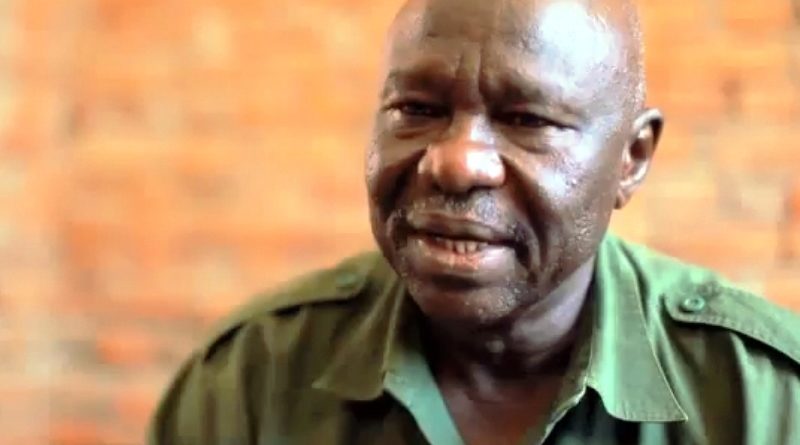people of the Darfur region in particular, are awaiting the date of
August 28, 2020, which is the date set for the signing of the
Comprehensive Peace Agreement between the Sudanese government and the
Sudanese Revolutionary Front ( SRF).
However, Security arrangements are the only negotiating files that
remained an obstacle to peace, and were an obsession for the
transitional government headed by Prime Minister Dr. Abdullah Hamdok,
which began on August 21, 2019, and lasts for 39 months, ending with
elections.
Purpose of the agreement
The ultimate purpose of this agreement is for the Sudanese Armed
Forces, with its new military doctrine that protects the homeland, the
citizen and the constitution, to be the sole national professional
army and to integrate all other forces present in Sudanese territory
into a unified professional national army.
The Security Arrangements Protocol is part of six protocols, which are
power-sharing, wealth-sharing, justice, return of refugees and
displaced persons, and the Protocol of the Declaration of Principles.
According to the time set for signing, about 10 days remain, during
which it is expected that issues related to the integration mechanism
and the issues of forming the joint force will be resolved, which some
believe requires a political and sovereign decision and concessions
from the negotiating parties.
The agreement on security arrangement that was signed on Monday,
between the transitional government and SPLM-N Agar paved the way for
integration of the movement’s army into the Sudanese armed forces.
The agreement stipulated that the integration process of the fighters
of the Popular Movement led by Malik Aqar would take place through
three phases of 39 months.
Aqar Movement has been fighting the Sudanese government, headed by the
ousted Omar al-Bashir, in the regions of South Kordofan and Blue Nile
since 2011, over political and economic marginalization of the two
regions.
Presence of a high-level government delegation in Juba, indicates
government keenness.
Some believe that the presence of Hemedti, a member of the Sovereignty
Council, Lieutenant General Shams El-Din Al-Kabbashi, and a delegation
from the Forces for Freedom and Change FFC in Juba, and the remarks
of the Sudanese Defense Minister, Major General Yassin Ibrahim Yass,
who was appointed to succeed the late Lieutenant General Jamal Omar,
were positive towards the other party.
For his part, a member of the Southern Mediation Committee, Dr. Dhio
Matouk, Said that the arrival of the presidential delegation, Monday,
led by Hemeti, with the presence and participation of the delegation
of the security arrangements file headed by Major General Yassin,
contributed greatly to pushing and accelerating the negotiation
process towards its desired goals, in preparation for the signature
onFriday, after the completion of the negotiation on All political
files.
Previous agreements
The Sudanese government and the Revolutionary Front have previously
reached an agreement to allocate 3 seats for the Revolutionary Front
in the Sovereign Council, 5 federal ministries and 75 seats in the
Legislative Council, in addition to 40% of the government’s shares in
the Darfur region for the Revolutionary Front, 40% for the government,
and 20% For stakeholders from the people of the region, and according
to the agreement, the Revolutionary Front has the right to participate
by 10% in governing the rest of the northern, central and eastern
regions of Sudan.
The peace negotiations sponsored by the State of South Sudan began
last December after the signing of the Declaration of Principles
agreement last September. There are two tracks for negotiations, the
first with the Revolutionary Front, which is an alliance that includes
armed movements fighting in the Darfur region, Blue Nile and South
Kordofan, most notably, Justice and Equality headed by Jibril Ibrahim,
the Sudan Liberation Movement led by Mona Arko Minawi, and the SPLM
Northern Sector led by Malik Aqar . ”As for the second track, it is
completely separate from the first track, in which the government
negotiates with the Sudan People’s Liberation Movement, Abdul Aziz
al-Hilu faction, which adhered at the time to the principle of
secularism of the state, or discussing the self-determination of the
regions of South Kordofan and Blue Nile, through a referendum that
would lead either secession or the region remains part of Sudanese
state.

